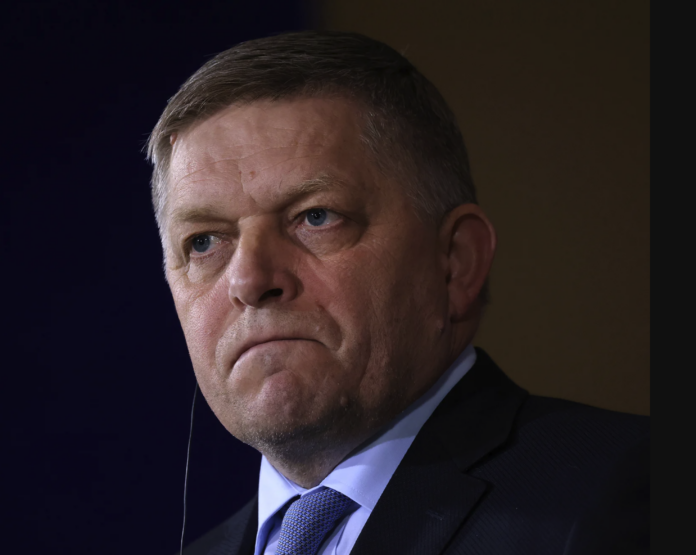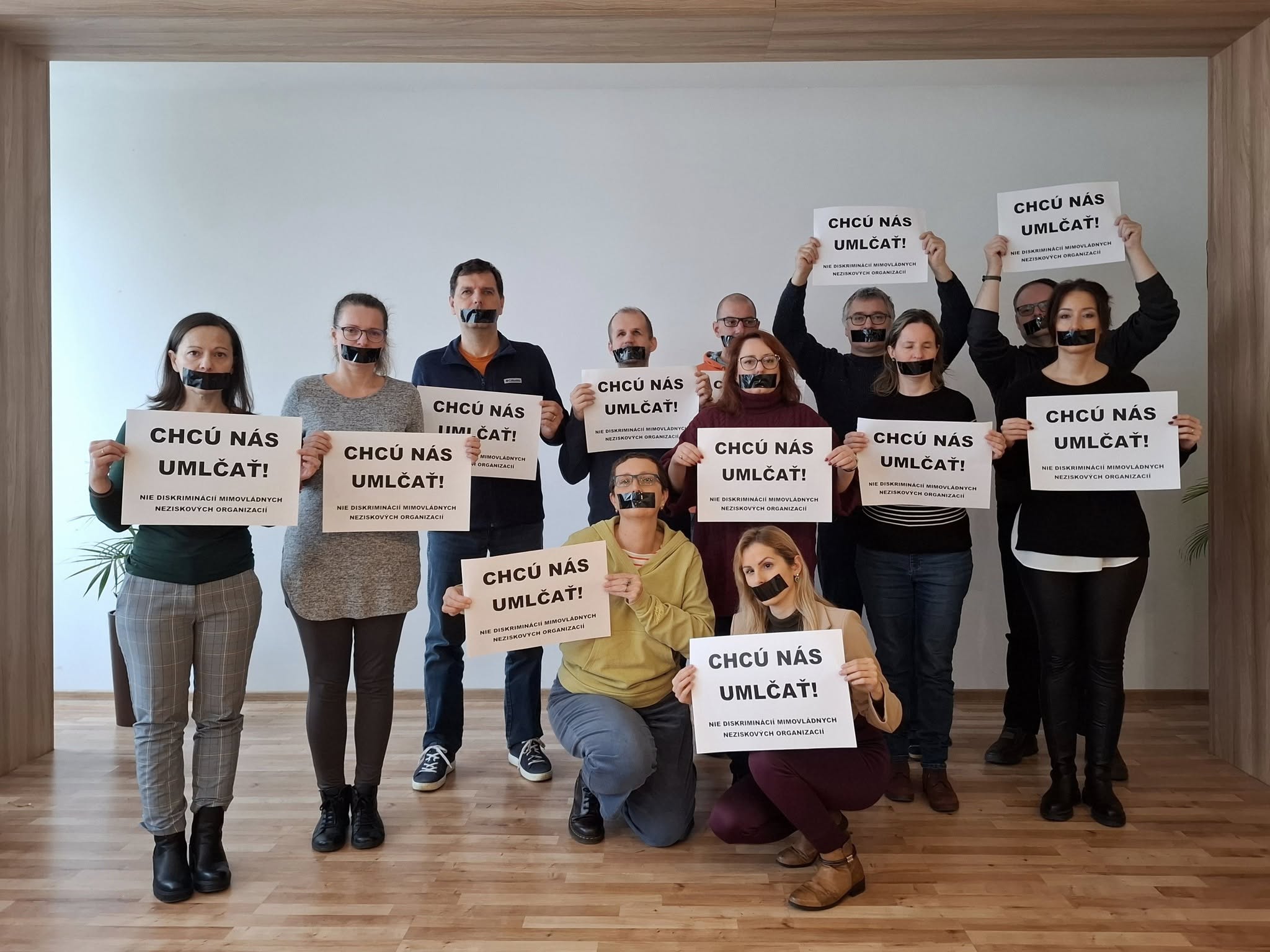Prime Minister Robert Fico claims foreign actors are conspiring to overthrow his government, citing intelligence reports and announcing “significant preventive measures” ahead of Friday’s peaceful nationwide protests. Drawing parallels to the 2018 demonstrations that ended his previous administration, Fico warns of potential clashes between security forces and protesters, accusing activists of plotting unlawful acts like occupying government buildings or organising a national strike. Protest organisers, who insist the rallies will be democratic and non-violent, fear Fico’s rhetoric could be a prelude to repression, raising concerns about Slovakia’s democratic future.
Prime Minister Robert Fico has accused foreign actors of plotting to unseat his government and convened a Security Council meeting amid growing tensions, as nationwide protests against his administration loom.
Prime Minister Robert Fico has alleged that a “group of experts” from abroad is actively working to destabilise Slovakia and overthrow his government. He claims this group was involved in events like the Georgian protests and Ukraine’s Euromaidan, invoking narratives of foreign influence often used to justify restrictive policies. Fico has declared his readiness to defend Slovakia, stating, “I won’t let them destroy the country.”
Fico has also announced “significant preventive measures” to counter the alleged coup, claiming intelligence reports “clearly indicate” foreign interference. He stated that details of these measures will be shared following Thursday’s Security Council meeting. According to Fico, the “detonator” for potential unrest could be clashes between security forces and demonstrators.
These statements come ahead of nationwide protests scheduled for Friday, organised by activists who have declared them peaceful, democratic, and non-violent. Fico’s rhetoric appears aimed at delegitimising these demonstrations, framing them as part of a foreign conspiracy and raising fears of a government crackdown. He has suggested that unrest could escalate if demonstrators engage in actions like occupying government buildings or organising a national strike, warning that such scenarios could justify a strong state response.
Fico has drawn parallels between the current situation and 2018, when mass protests following the murder of journalist Ján Kuciak and his fiancée Martina Kušnírová led to his resignation. While those protests were sparked by public outrage over corruption and impunity, Fico now claims the present unrest is driven by external forces, implicating non-governmental organisations and opposition parties as part of the alleged conspiracy.
These developments underscore growing concerns about democratic backsliding in Slovakia. Critics argue that Fico’s inflammatory language and preventive measures risk escalating tensions and suppressing legitimate dissent. The international community will be closely watching Slovakia’s response to Friday’s protests, scrutinising the government’s commitment to democratic norms, the rule of law, and the protection of peaceful assembly.








